The ReDREAM Energy Knowlegde Center

We are pleased about your visit and your interest in dealing more intensively with the complex and multifaceted topic of energy. The ReDREAM Energy Knowledge Center is intended to support you in actively supporting the energy transition with your know-how. We hope you enjoy discovering and learning more.
How does the price for one KW/h of electricity actually come about?
Who is involved in the production and supply of my electricity?
Can I actively influence the energy market with my behavior?
How do my neighbours actually view the energy transition?
All these questions and many more are answered in the following 7 short explanatory videos. Have fun watching them!
The Consumer Perspective
It is not only in the ReDREAM project that the focus is on consumers and their influence in the energy sector. Therefore, it is extremely important to understand the consumer. What moves them, how do they perceive the topic of energy in the first place? What are the factors that influence their behaviour in the use of energy? In the following section, some insights will help you to adapt your activities more efficiently and sustainably to the real consumer needs.
Why do we need a NEW ENERGY MODEL
The electricity market is currently based to a large extent on centralised structures. Producers and suppliers distribute energy via a one-directional network. This means that the consumer only has the option of using the energy or not. But the fact that the electricity world of today already offers completely different possibilities has been given little consideration so far. Flexibility and decentralisation are the drivers of the energy transition. You can find out exactly what this means and what role we as consumers play in it in our gallery and in the current white paper “Why we need a new energy model” for download.
Discover more interesting white paper publications for the different ReDREAM target groups. Download now:
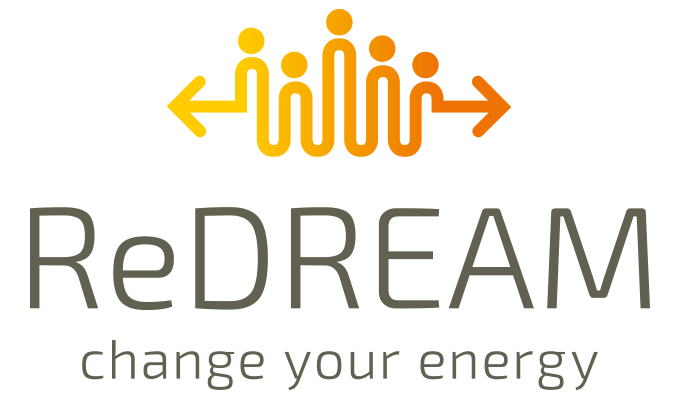
Private Consumer
residential users and general public

Industrial Consumer
commercial and industry

Architects and Decorators
the designer perspective

Technicians
technical installers
ReDREAM Energy Magazine
Welcome to the ReDREAM magazine and the most important news around the project. Let us inspire you, find out what energy means to you personally and become part of a movement that has a lasting impact on our behaviour and life with energy.

How can an app change your energy habits?
Text: Luca Arfini Despite citizen’s positive attitudes towards tackling climate change, there is a gap between intentions and actions when it comes to shifting to greener habits. Eurobarometer’s data show that 9 in 10 consumers value protecting the environment, and the large majority (68%) recognise that their consumption habits have adverse effects on the environment;
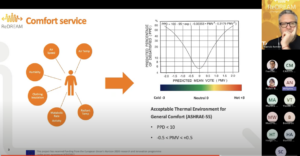
Technology Solutions
REGISTER NOW! FOR FREE Technology Solutions Webinar (Online) 26 MARCH 2024 / 11 am Innovative technological solutions are key to implement the energy transition and to empower consumers to act at the centre of the energy system. In this factsheet, the EU-funded ReDREAM project presents its most important digital developments. All tools and solutions are

Empowerment of citizens: fostering user engagement for innovative demand response for effective flexibility
New Academic Paper published on Open Researched Europe ABSTRACT: This open letter captures key insights and recommendations from five European projects—HESTIA, SENDER, ReDREAM, ACCEPT, and iFLEX—focused on consumer engagement in Demand Response (DR) initiatives. Highlighting diverse and effective engagement strategies, including co-creation activities and virtual home tours, the letter underscores project partners’ commitment to tailored
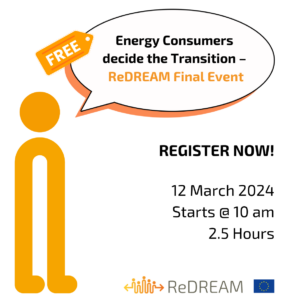
Energy consumers decide the transition – ReDREAM Final Event
REGISTER NOW SCROLL DOWN The EU-funded research and development project ReDREAM began its work more than three years ago with this mission. The aim was to prove that digital solutions and a user-centred ecosystem can bring the key stakeholders in the energy system together and empower consumers to significantly influence the sustainability of the energy
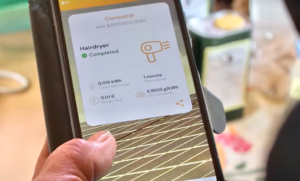
System planning with demand assets in balancing markets
An important finding from the research and developments in the ReDREAM project is the influence on the handling of demand response and flexibility. Read here an abstract from the scientific paper by our scientists and experts about the role of demand response and flexibility in energy market: Teresa Freire-Barceló* Francisco Martín-Martínez*, Álvaro Sánchez-Miralles*, Highlights DR prioritizes reducing
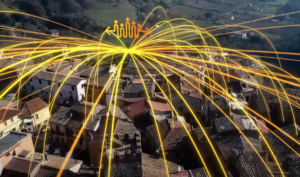
Methodology to assess prosumer participation in European electricity markets
The results of ReDREAM research and development show possibilities for making energy consumers an important factor in the energy transition. Read here an extract from the scientific paper by our scientists and experts: Rubén Rodríguez-Vilches*, Francisco Martín-Martínez*, Álvaro Sánchez-Miralles*, Javier Rodrigo Gutiérrez de la Cámara**, Sergio Muñoz Delgado** The emergence of distributed generation and the electrification of demand
The energy market
The energy market is a complex and dynamic landscape that plays a critical role in powering our world. It encompasses everything from the production and distribution of energy resources to the consumption of electricity and other forms of energy by households and businesses.
As the demand for energy continues to grow, so does the need for innovation and efficiency in the energy sector. Renewable energy sources such as solar, wind, and hydro power are becoming increasingly popular as consumers and governments look for more sustainable ways to meet their energy needs.
At the same time, traditional fossil fuel sources such as coal, oil, and natural gas continue to play a major role in the energy market, though they face increasing pressure from environmental and regulatory concerns.
Navigating the energy market can be a challenge for businesses and individuals alike. With so many factors affecting the price and availability of energy, it’s important to stay informed and up-to-date on the latest trends and developments.
At the heart of the energy market is the concept of supply and demand. When demand for energy is high, prices tend to rise, while when supply is abundant, prices may fall. However, other factors such as geopolitical tensions, weather patterns, and technological advancements can also impact the energy market and its prices.
Overall, the energy market is a fascinating and complex field that is constantly evolving. Whether you are a business owner looking to reduce energy costs or a consumer interested in making more sustainable choices, understanding the energy market can help you make informed decisions and stay ahead of the curve.
Energy Flexibility
Energy flexibility is the ability of energy systems to respond and adapt to changes in supply and demand. It’s a crucial concept in today’s energy landscape, as renewable energy sources such as wind and solar can be variable and intermittent, making it challenging to maintain a stable supply of energy.
Energy flexibility allows for a more efficient and sustainable use of energy resources. By using energy storage systems, smart grids, and demand-response technologies, energy systems can better balance supply and demand, reduce energy waste, and increase the use of renewable energy sources.
Businesses and industries can benefit greatly from energy flexibility. By adopting flexible energy systems, companies can reduce energy costs, improve their energy efficiency, and enhance their sustainability credentials. For example, a factory can use energy storage systems to store excess energy produced during off-peak hours and use it during peak hours when electricity costs are higher.
At the same time, consumers can also benefit from energy flexibility. By using smart home technologies and energy management systems, households can monitor and manage their energy consumption, potentially reducing their energy bills and carbon footprint.
Energy flexibility is also becoming increasingly important in the context of the transition to a low-carbon economy. As countries and businesses commit to reducing their greenhouse gas emissions, energy flexibility can play a key role in enabling a more sustainable energy system.
In summary, energy flexibility is a critical concept in the modern energy landscape, allowing for a more efficient, sustainable, and cost-effective use of energy resources. By embracing energy flexibility, businesses and individuals can not only reduce their energy costs but also contribute to the transition to a low-carbon economy.